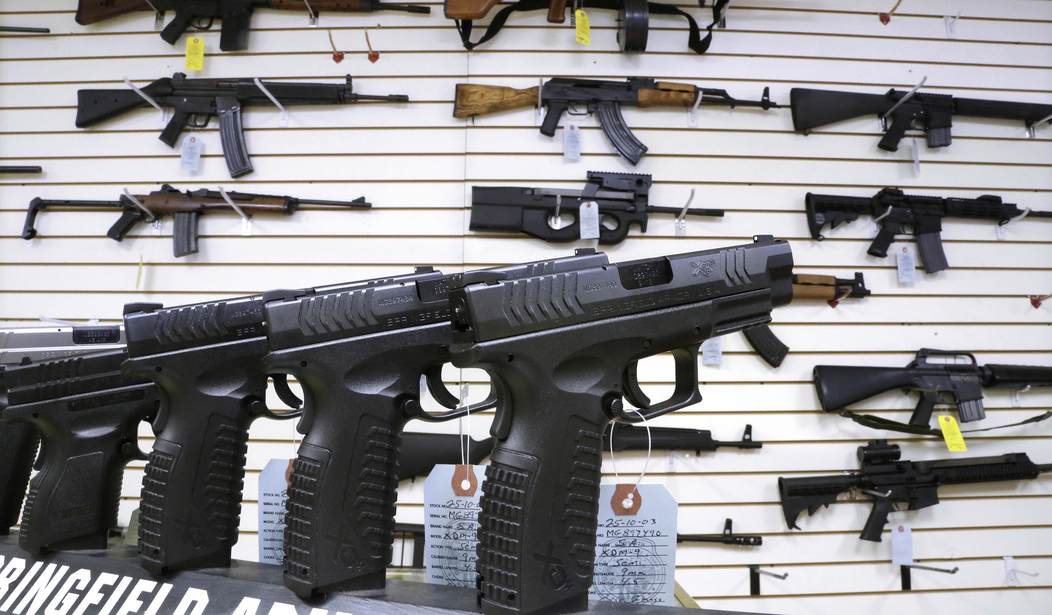Red flag laws are often suggested following a mass killing, which is ironic, following Minneapolis, because the state already has them, and there's no evidence that folks in the Twin Cities object to using them.
But the truth is that red flag laws aren't really needed to stop mass murders.
Planning a mass killing is a crime. If someone plans one or even threatens it, you can report them to the police, and the police will generally look into it. I say generally because, well, there are always departments that are asleep at the wheel.
Luckily, someone wasn't this time.
On Monday, September 1, the Carteret County Sheriff's Office arrested a 25-year-old Newport man for communicating threats of mass violence.
Zachary Charles Newell was arrested after the Federal Bureau of Investigation notified the CCSO that Newell allegedly posted a threat targeting an unnamed black preschool. Authorities say the content of the threat was extremely violent and hate-motivated. Newell was taken into custody following the initial investigation, officials said.
Newell has been charged with Communicating a Threat of Mass Violence on Educational Property.
The Carteret County Sheriff's Office is working closely with the FBI during the investigation and executing a search warrant for the suspect's residence.
Newell didn't name a specific school, so it's entirely possible he was just talking a big game, but would never follow through with it. However, making a threat like that is illegal and is considered one of those cases where free speech doesn't apply.
In light of the numerous mass shootings over the decades, there's no reason to take this one as bluster.
And here's the kicker: Many mass killers do just this before they carry out their attacks. They tell people. They warn some of them to skip school that day or to take some vacation time from work. They brag to some of their buddies about what they're going to do. They get angry and issue threats.
They don't keep it to themselves, many times.
The problem is that many people, particularly those close to the potential killer, don't think the person is going to follow through with it. "Oh, he's just talking. He's a good guy. He'd never do something like that."
Well, the problem is that a lot of them do.
Even when they don't openly talk about it, to some degree, there are often other clues. Yes, buying guns might be part of their process, but it's not the concerning part, despite what the media might try to say.
No, it's when they start casing a spot, start accumulating other stuff, start spending a lot more time alone behind closed doors, and things like that. When they've got drawings of a school they don't attend, there's probably something up.
Red flag laws aren't needed to stop these awful attacks because there are so many points along the way where more meaningful action can already be taken. From 72-hour holds for threats against themselves or others to arrests for planning attacks, the laws are already there.
The issue is that when no one uses them, bad things happen.
Well, red flag laws are no different. Look at Minneapolis, for example. Look at the Club Q shooting in Colorado Springs from a couple of years ago. That killer threatened to blow up his house, and they didn't take out a red flag order on him.
So no, the issue isn't red flag laws. The issue is people being aware of what's going on and taking the steps already available to them if they suspect something is going on.
Even then, it's not going to be perfect. Mass killers will learn and keep quiet.
But that would stop a red flag law from working, too, so again, there's just not a point to it.








